For as long as I can remember, I wanted to climb Mt Everest. I had these friends that I climbed with and we had nicknames for each other that we would use every time we climbed anything. (I was Jacki from the movie K2 by the way. And she was awesome.) There were a lot of things I would think about as I planned for this future expedition. The gear I would take, how long I would be gone, would I need oxygen at the summit, etc. Never, and I mean never, did I think of what I would do with all my garbage while at basecamp. I can safely say that detail wasn't even close to being on my radar. But garbage is threatening some of the most majestic, wild places of our planet, and of course Mt. Everest isn't exempt.

I have a friend who was just there last month and I got his opinion on the whole thing. He told me, "The biggest issue is plastic water bottles. You have to drink 3-4 liters a day at lower elevations and up to 5 liters a day at higher elevations. That's a lot of plastic waste. Nobody filters water because it's so easily available. Water is thirty cents a liter where the trail begins, reaching up to three dollars a liter the higher you get." He said he "didn't notice a lot of trash on the trails, but there were garbage cans the whole way to base camp, and most of the people living in the villages either burn or bury the trash they can't re-use" In the world of trekking, shaving an ounce here or there can make the difference of a summit or not, so the convenience of plastic water bottles vs filtering and garbage cans to leave trash at vs packing it out is probably pretty enticing.

He also said that "I did pass yaks hauling used gas/propane tanks down the trail" as he made his way to basecamp. People stay at basecamp for very long periods of time, which probably means a lot of tanks for a lot of people. And a lot of trips for those yaks. At basecamp, he was required to stay with the guides, and did not see where the trash is kept, but he did meet up with the owner of the project called Sagarmatha Next who told him his goal is to get every trekker to carry just 2 kilograms of trash out with them. It is heartening to hear that local efforts are being made. Supporting these grass roots, ground level operations, run by those whose lives are rooted there, is the best place to start. A big thanks to Jared Skidmore for sharing his recent base camp experience and photos with me. His adventures aren't over, so give him a follow at @jaredskid as he travels the world, making me jealous with every post.
Narrator: This blog was thoughtfully written by Brooke Ewing. You can find her on Instagram @brookenorma.

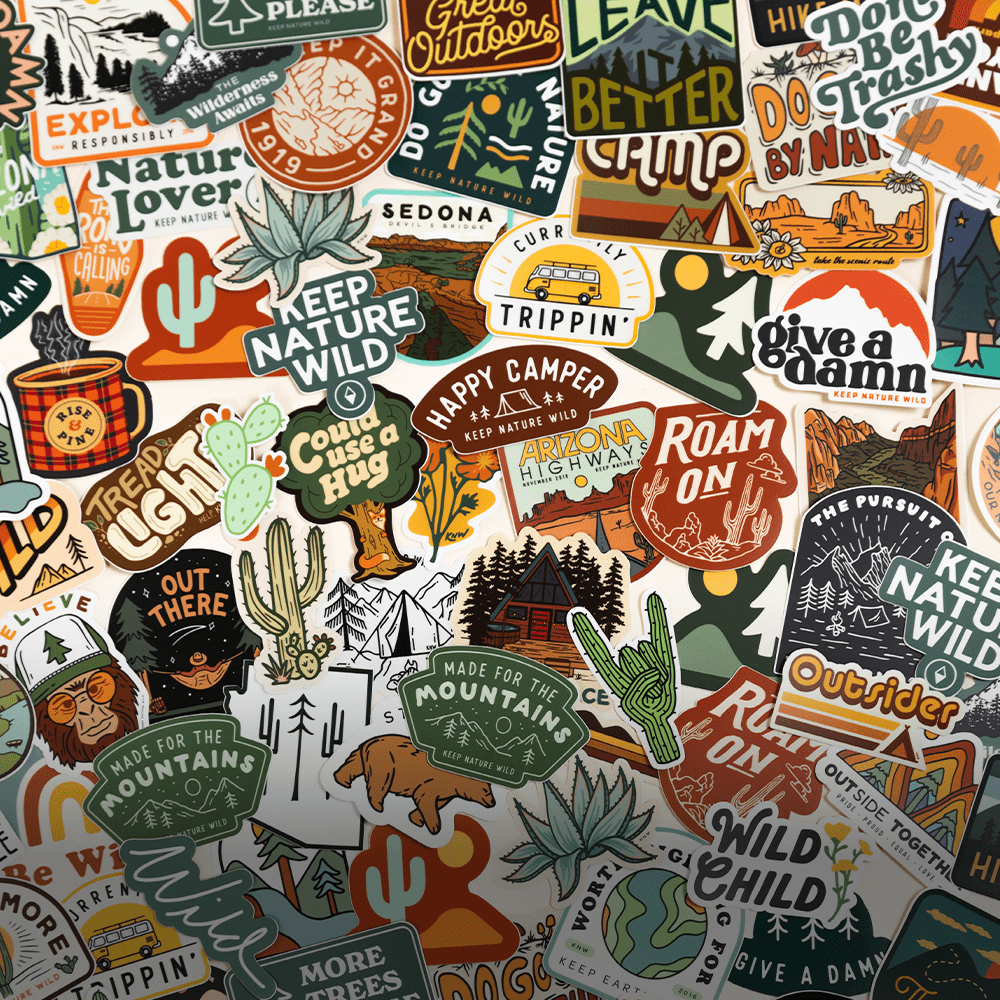
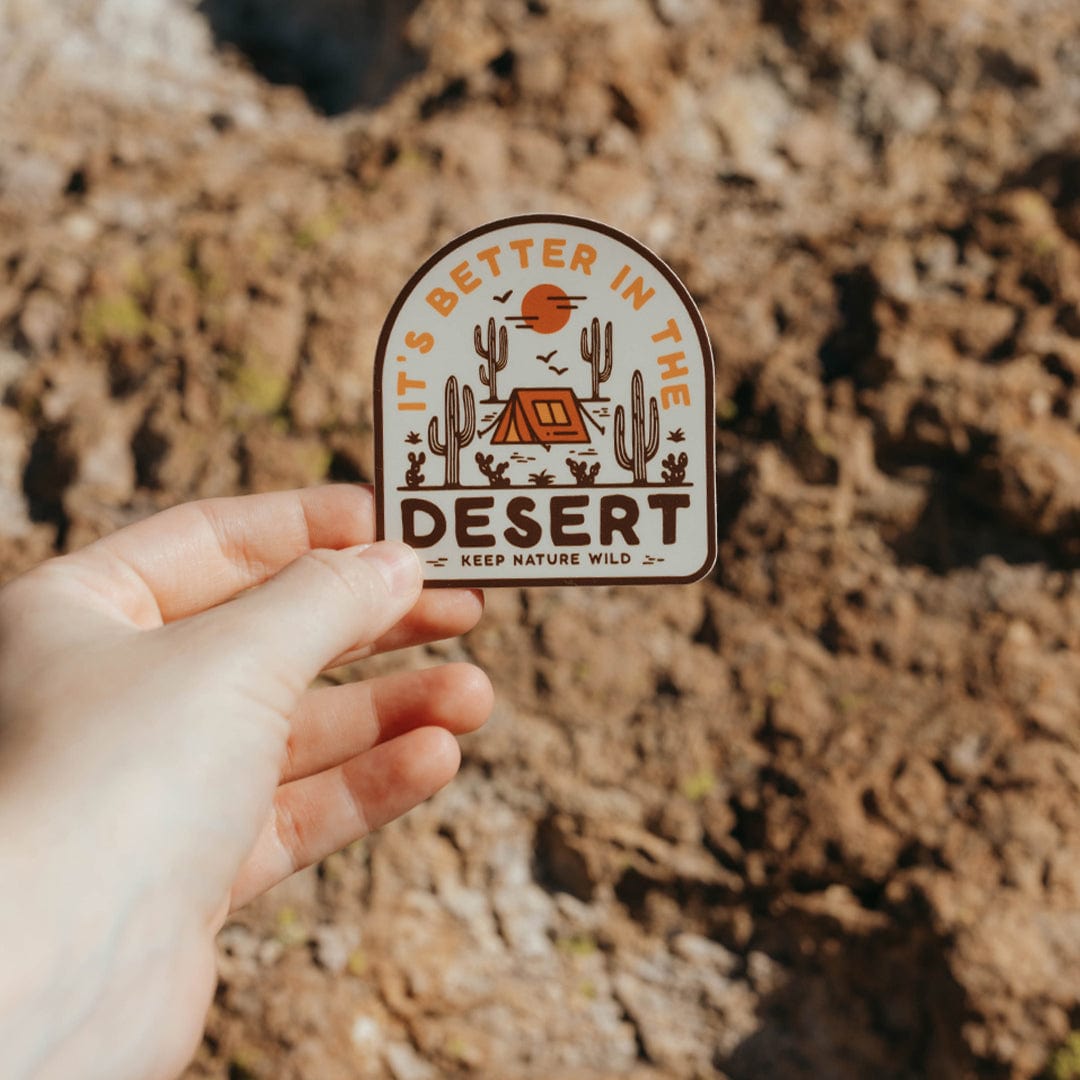
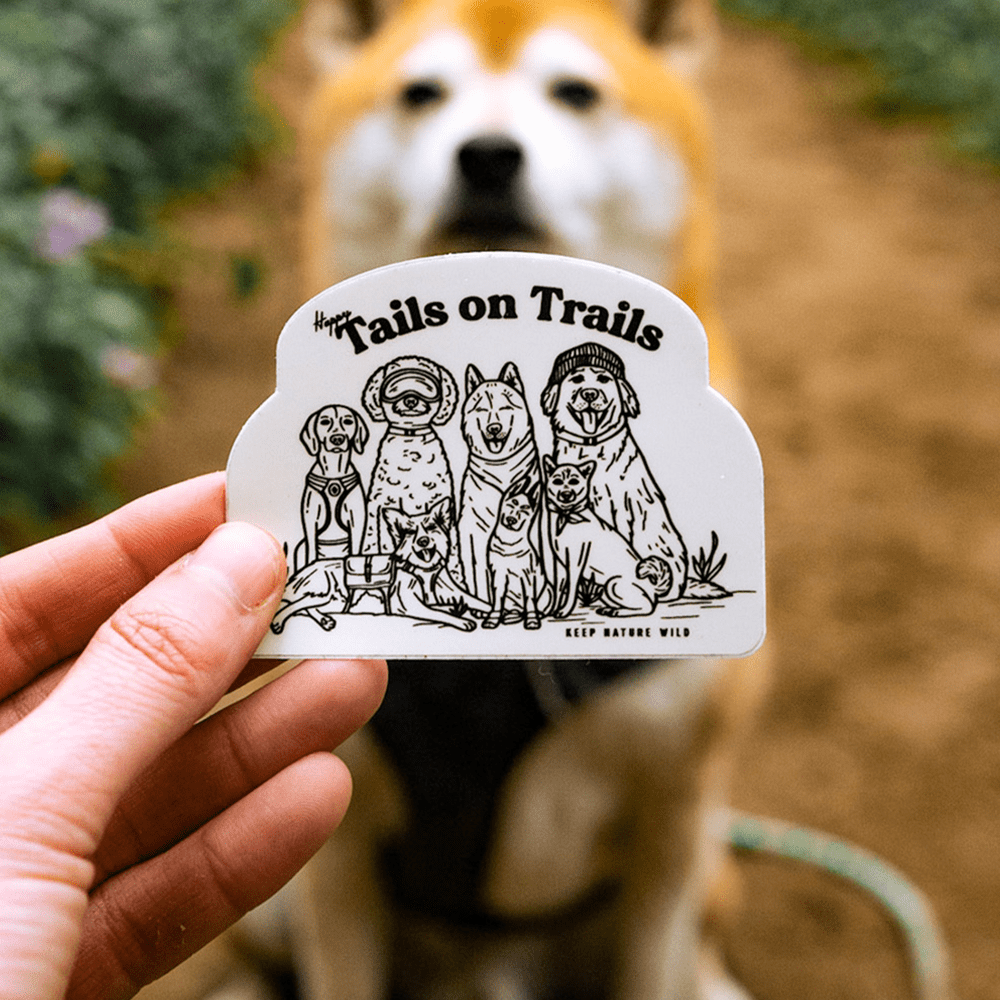
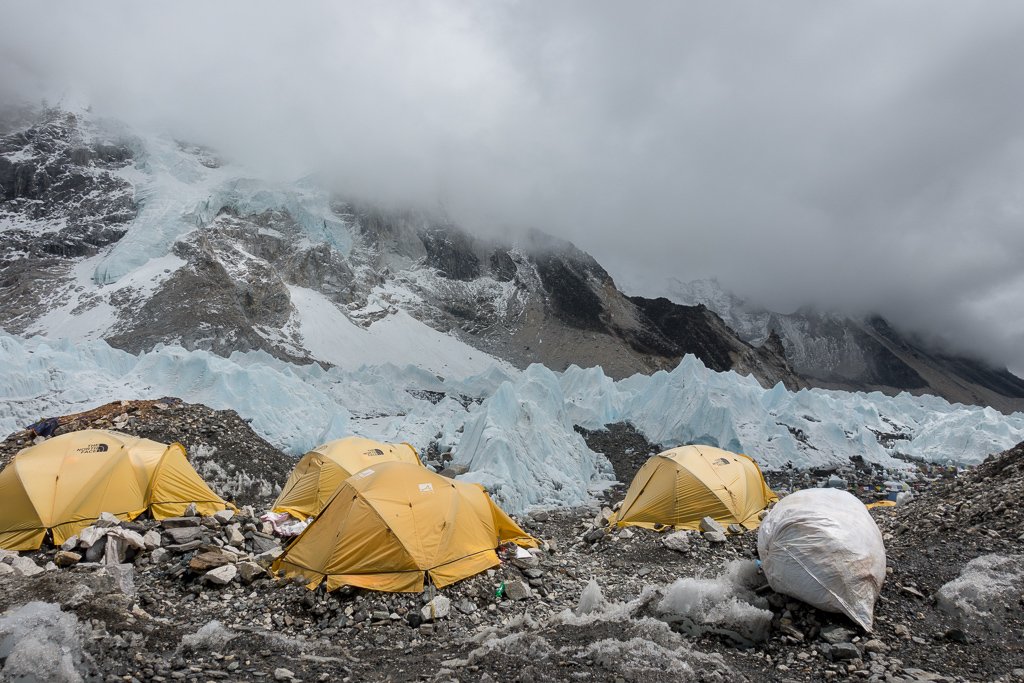
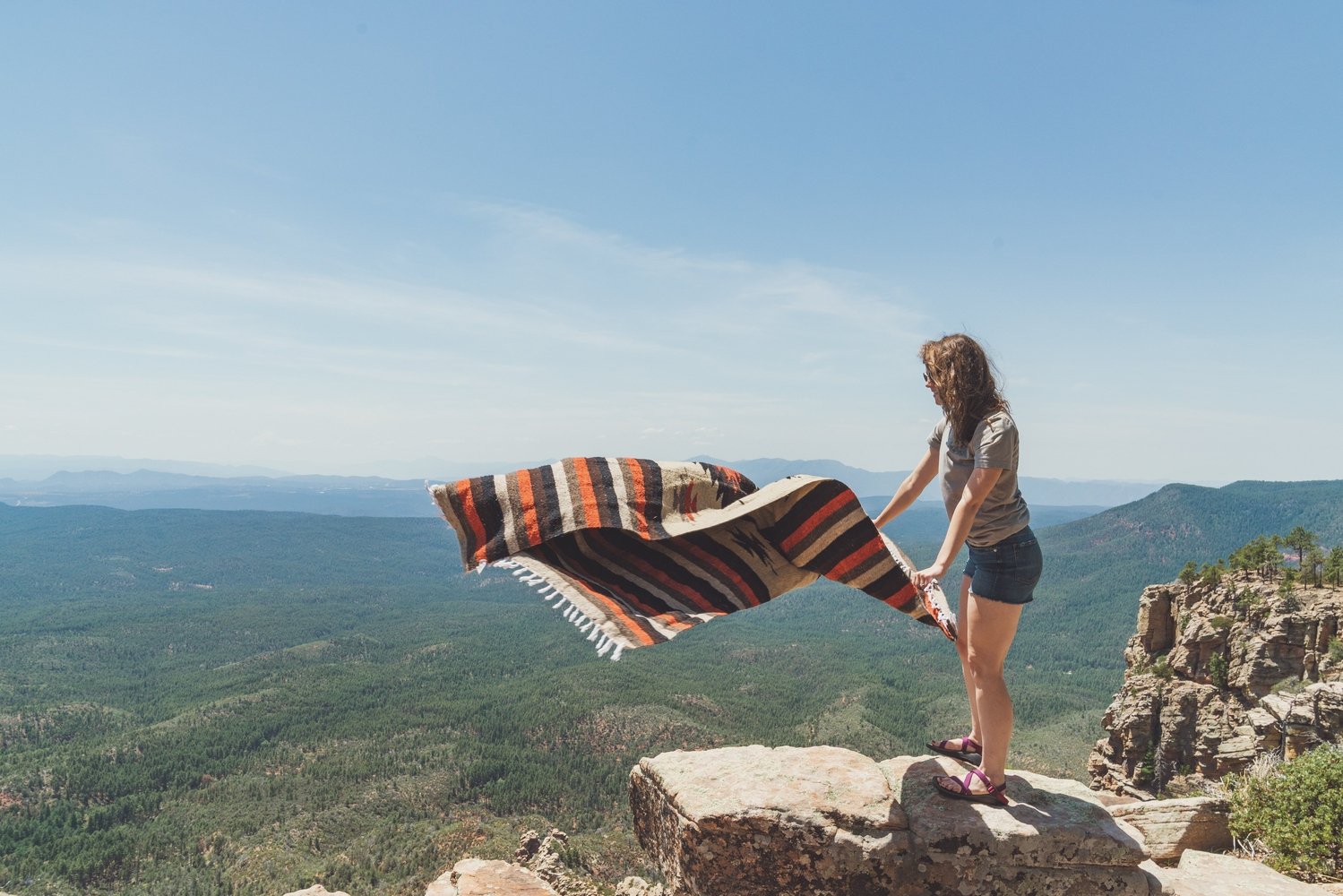
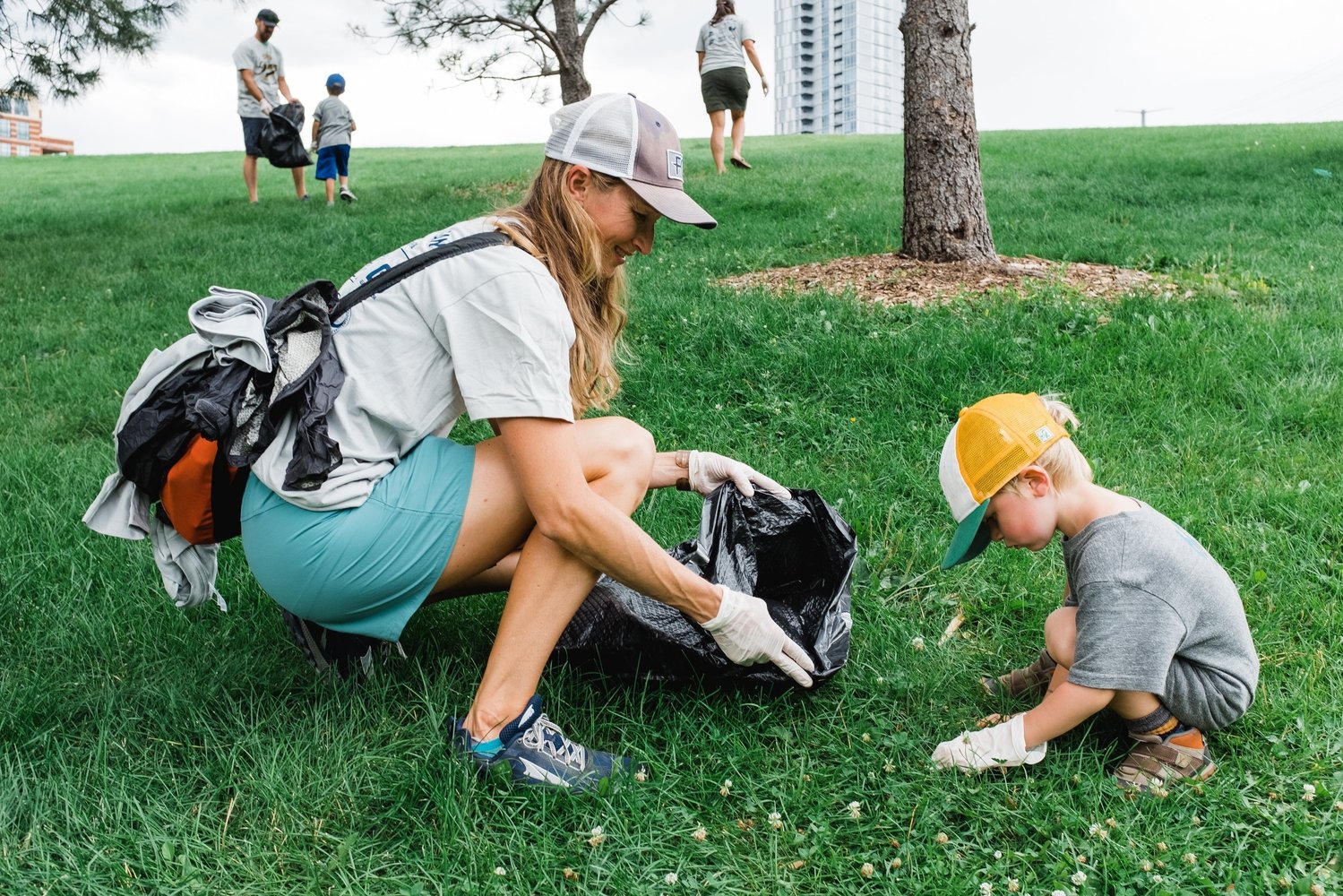
Leave a comment
All comments are moderated before being published.
This site is protected by hCaptcha and the hCaptcha Privacy Policy and Terms of Service apply.